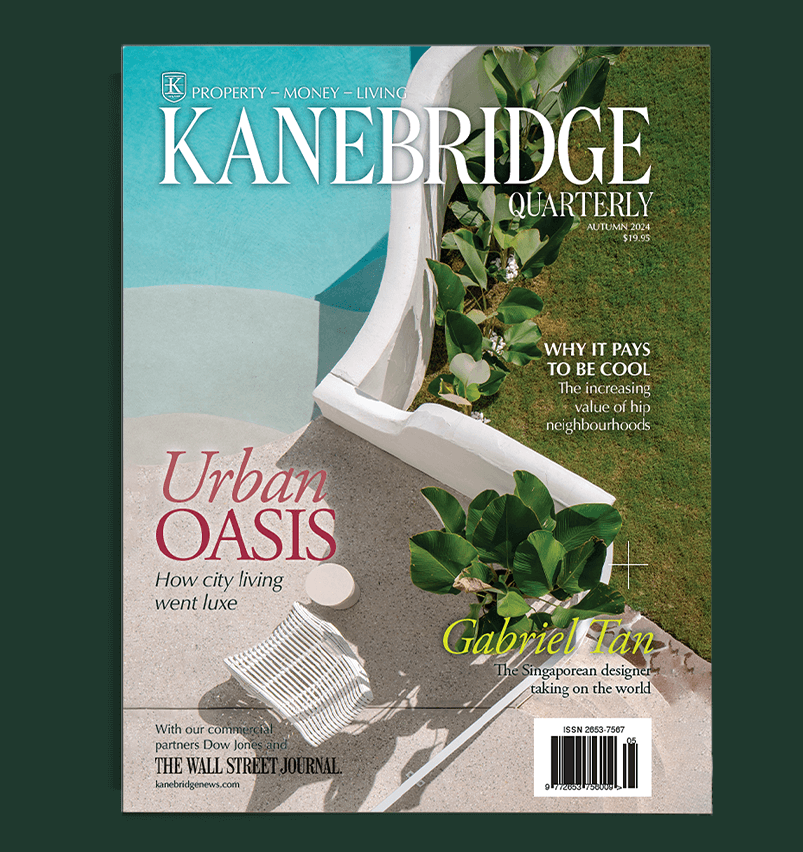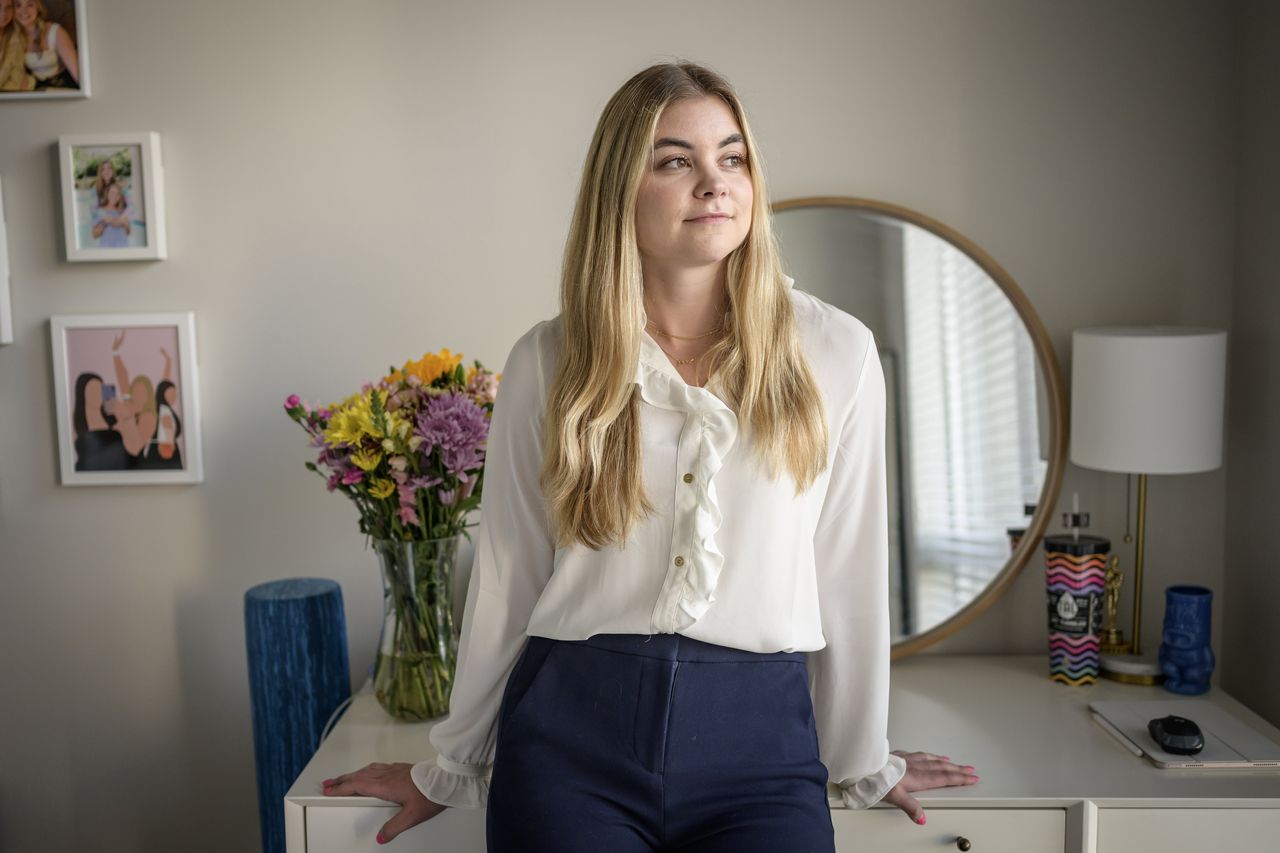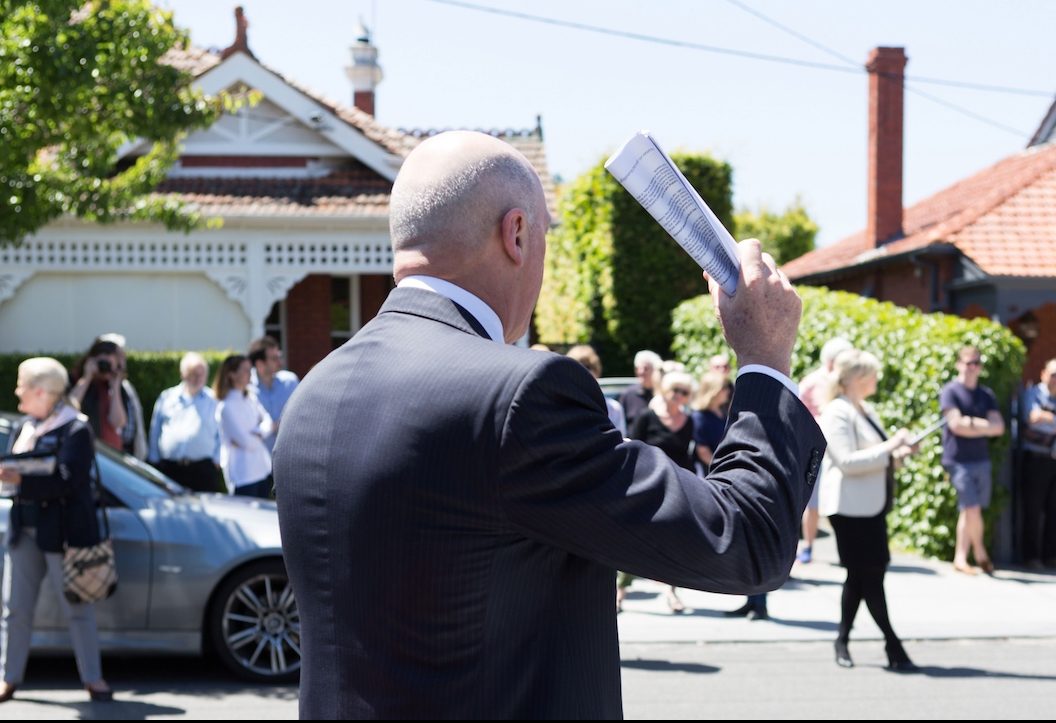Housing Finance Approvals Hit New Highs
According to the REIA, the consecutive rise in approvals comes after a brief dip in February.
With low interest rates, decreasing affordability and the heat in the Australian housing market well documented, it should come as no surprise that the value of new loan commitments for housing rose for the second consecutive month.
According to the April 2021 Lending to Households and Business figures released today by the Australian Bureau of Statistics (ABS), the consecutive rise in results comes after a brief fall in February following eight consecutive months of growth according to the Real Estate Institute of Australia (REIA).
“The seasonally adjusted value of new loan commitments for owner occupier housing increased by 4.3 per cent in April and was up 68.2% for the twelve months, setting a new record,” said REIA President, Adrian Kelly.
Further Mr Kelly said the value of new loan commitments, for the purchase of existing dwellings, rose 9.2%.
“Rises in the value of new loan commitments for owner occupier housing were seen in all states and territories except Western Australia, with New South Wales and Victoria having the largest increases of 8.6% and 8.4% respectively,” added Mr Kelly.
On the investment side, April saw an increase for the eleventh consecutive month with “the value of loan commitments for investor housing increasing by 2.1% for the month and 63% for the year.
Mr Kelly said the number of owner occupier first home buyer loan commitments fell for the third consecutive month. The April fall of 1.9 per cent is still 59.6 per cent higher than twelve months earlier. Owner occupier first home buyer loan commitments accounted for 32.9 per cent of all owner occupier commitments excluding refinancing, down from January’s 36.5 per cent when lending for first home buyers was at its highest since May 2009.
This stylish family home combines a classic palette and finishes with a flexible floorplan
Just 55 minutes from Sydney, make this your creative getaway located in the majestic Hawkesbury region.
A study suggests that when jobs are hard to come by, the best workers are more available—and stay longer
Could a recession be the best time to launch a tech startup?
A recent study suggests that is the case. The authors found that tech startups that began operations during the 2007-09 recession—and received their first patent in that time—tended to last longer than tech startups founded a few years before or after. And those recession-era companies also tended to be more innovative than the rest.
“The effect of macroeconomic trends is not always intuitive,” says Daniel Bias , an assistant professor of finance at Vanderbilt University’s Owen Graduate School of Management, who co-wrote the paper with Alexander Ljungqvist, Stefan Persson Family Chair in Entrepreneurial Finance at the Stockholm School of Economics.
Drawing on data from the U.S. Patent and Trademark Office, the authors examined a sample of 6,946 tech startups that launched and received their first patent approval between 2002 and 2012.
One group—about 5,734 companies—launched and got their patent outside of the 2007-09 recession. Of those, about 70% made it to their seventh year. But the startups that launched and got their first patent during the recession—about 1,212 companies—were 12% more likely to be in business in their seventh year.
These recession-era firms were also more likely to file a novel and influential patent after their first one. (That is, a patent the researchers determined was dissimilar to patents in the same niche that came before it, but similar to ones that came after it.)
So, why did these recession-era firms outperform their peers? Labor markets played a big role.
A widespread lack of available jobs meant that the startups were able to land more productive and innovative employees, especially in their research and development groups, and then hold on to them. More important, the tight labor markets also meant that the founding inventors—the people named on the very first patent—were more likely to stick around rather than try for opportunities elsewhere.
For startups started during the 2007-09 recession, founding inventors were 25 percentage points less likely to leave their company within the first three years. On average, about 43% of founding inventors in the entire sample left their startup within the first three years.
“Our study really highlights the importance of labor retention for young innovative startups. Retaining founding inventors cannot only help them survive, but also thrive,” Bias says.
Just 55 minutes from Sydney, make this your creative getaway located in the majestic Hawkesbury region.
This stylish family home combines a classic palette and finishes with a flexible floorplan


















